By MIKE MAGEE
Joseph Campbell, who died in 1987 at the age 83, was a professor of literature and comparative mythology at Sarah Lawrence College. His famous 1949 book, “The Hero With a Thousand Faces” made the case that, despite varying cultures and religions, the hero’s story of departure, initiation, and return, is remarkably consistent and defines “the hero’s quest.” Bottom line: Refusing the call is a bad idea.
George Lucas was a close friend and has said that Star Wars was largely influenced by Campbell’s scholarship. On June 21, 1988, Bill Moyers interviewed Campbell and began with a clip from Star Wars where Darth Vader says to Luke, “Join me, and I will complete your training.” And Luke replies, “I’ll never join you!” Darth Vader then laments, “If you only knew the power of the dark side.”
Asked to comment, Campbell said, “He (Darth Vader) isn’t thinking, or living in terms of humanity, he’s living in terms of a system. And this is the threat to our lives; we all face it, we all operate in our society in relation to a system. Now, is the system going to eat you up and relieve you of your humanity, or are you going to be able to use the system to human purposes.”
Systems gone awry? Think Putinesque Russia, or Psycho-pernicious Trumpism, or Ultra-predatory Capitalism.
Dara Kharowshaki, the CEO at Uber, who took over the company from uber-bro, Travis Kalanick, is a fan of Campbell’s and understands the journey of a hero – departure, initiation, return. Perhaps that is why he defines “movement” as fundamental to life…adding deliberately the qualifier “movement in the right direction.” In an interview in December, 2021, with Brian Nowak, Equity Analyst, U.S. Internet Industry, for Morgan Stanley, he pushed for corporate engagement in a range of issues including “sustainability, safety, equity, and anti-racism – these are all issues that go to the core of who we are, and our identity.”
How did health care escape that list, especially considering the companies investment in “Uber Health” – a health care delivery service promoting speed, care coordination, privacy, and cost-effective and reliable transport to and from care-giving brick and mortar?
It may have something to do with the fact that Uber has fought tooth and nail to avoid providing health care as a benefit to its drivers. In 2020, the company joined Lyft, DoorDash and other gig companies in throwing $205 million into a lobbying effort in California titled “Yes on 22”.
Background: “California, with its estimated 1 million gig workers, has been the largest U.S. market for that type of labor. Officials said the workers were deprived of health care, a minimum wage, job security, and basic protections against discrimination and sexual harassment. So legislators approved Assembly Bill 5 (AB5) in September 2019 to grant benefits to certain classes of gig workers, including Uber and Lyft drivers, by making them employees.”
“Yes on 22” was industry’s counter-response. In their successful drive, where they outspent the opposition 10 to 1, “yes” actually meant “no” for drivers, further cementing their contractor status rather than requiring that they be treated as fully entitled employees. With this bit of trickery, designed by Republican pollster, Bill McInturff, they won by a 59% to 41% margin.
The winners argue that Prop 22 is “preserving flexibility and pairing it with new protections.” In return for the contractor status they had to agree to subsidize health coverage for its California drivers who average 15 to 25 hours a week engaged as drivers or couriers to the tune of 41% of what standard health benefits would have been.
Dara may not be anxious to provide full health coverage to his workers, but he’s right that movement is essential to life – especially if by movement you mean access to health professionals, their institutions, their diagnostic equipment and their therapies. In this arena, Dara is caught in the middle of the “hero’s quest.”
He has passed through phase 1 and “departed” the dark brotopia world, and is currently brushing up against difficult choices within a stormy phase 2 “initiation.”
This has included a rather embarrassing incident that occurred on May 26, 2021, when Uber drivers outside of California received an email (which began with the optimistic opening line “Its a great time to get health coverage,”) announcing that the company would be subsidizing their health coverage, only to learn in a hasty follow-up email that it was all an embarrassing error. It read, “Unfortunately, we made a mistake sending this email to you, as this policy only applies to drivers and delivery people in California. We sincerely apologize for this error.”
Without naming names, Dara has clearly kept his own list of Darth Vaders in Silicon Valley. As he sees it, “Some of them grew up too fast and some of them didn’t take responsibility for their power and I think now they’re being called to reckon… I think the age of ‘I built a platform, I’m not responsible,’ that time is over. And now the question is, what does the responsibility look like? Defining it and putting guard rails around it, I think that’s a healthy thing.”
But his enemies might reply, “You know what else is a healthy thing? Health insurance!”
As Dara himself would admit life’s a journey, and movement toward hero status is filled with bumps along the way. Will he make it to phase 3, a hero’s welcome on his “return?” Earlier this year he said, “Sometimes the system ‘works too well’: I think capitalism has its claws in our democratic societies in ways that has allowed it to overly optimize for its benefit.”
These are tough times to lead – no doubt. Keeping families together, processing fear and worry, expanding opportunity and productivity – all are worthy and essential goals that can only be realized if our citizens have access to health care. That would most certainly be a “move for the better.” So why not get behind universal health care, Dara?
You could be a true hero. As Joseph Campbell stated “Is the system going to eat you up and relieve you of your humanity, or are you going to be able to use the system to human purposes?”

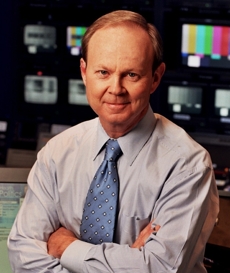
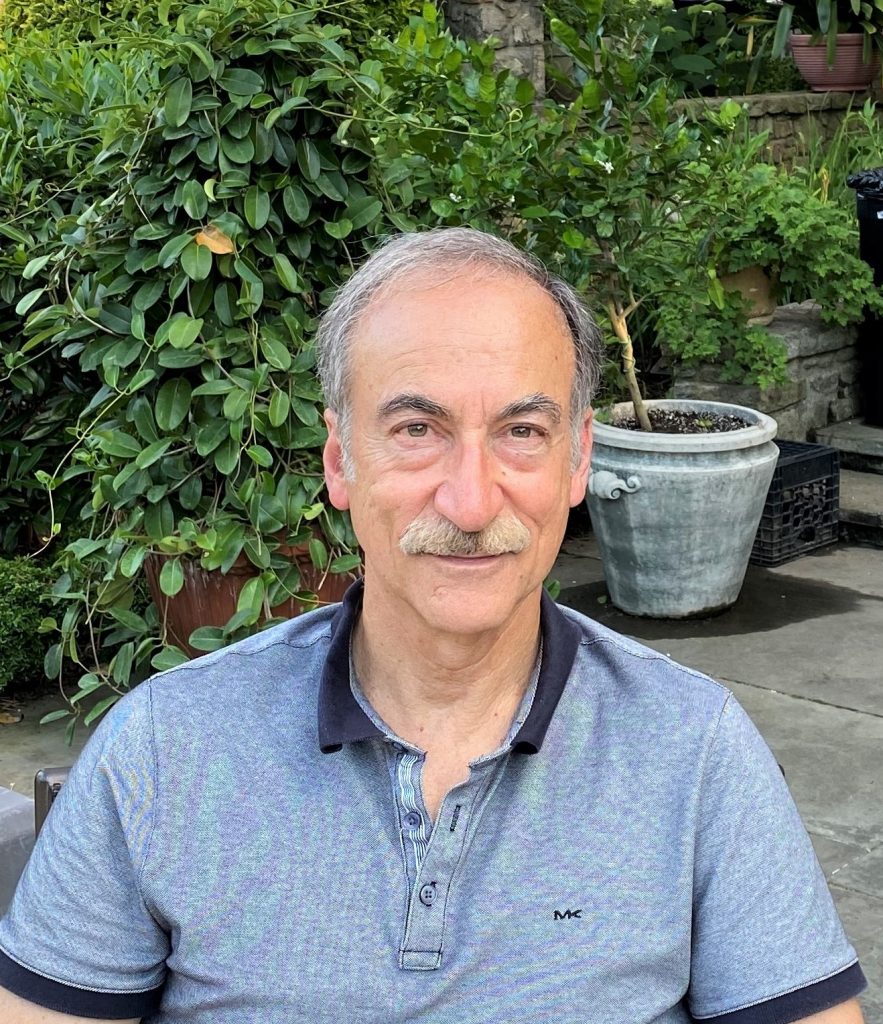
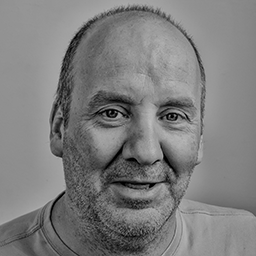
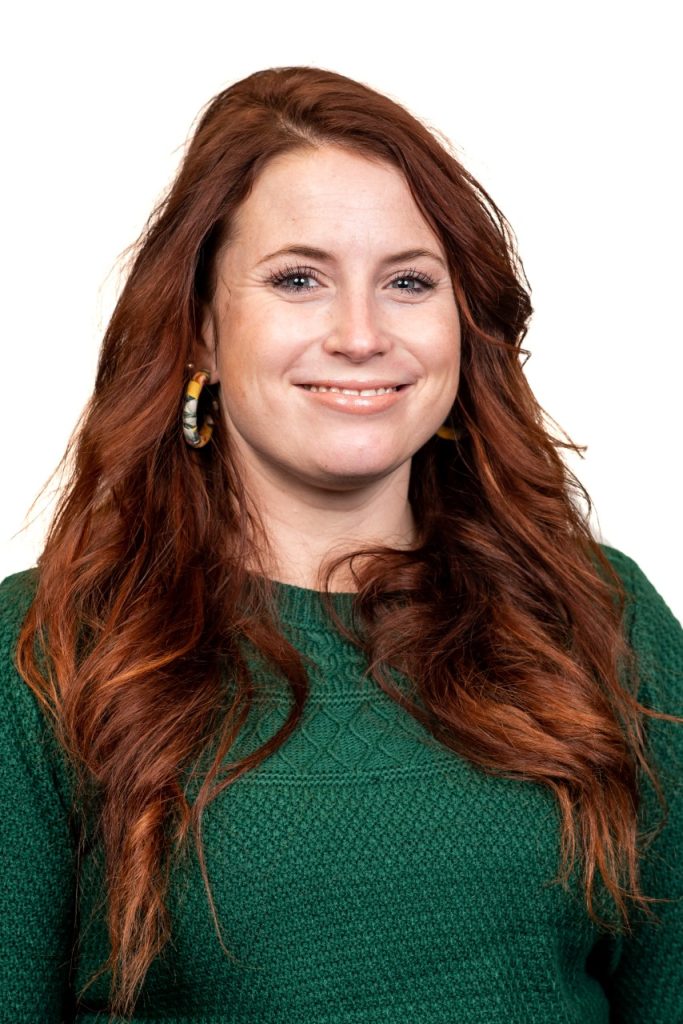
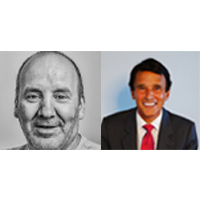
Leave A Comment